
What if you ate 4 eggs a day with the yolks for 30 days?
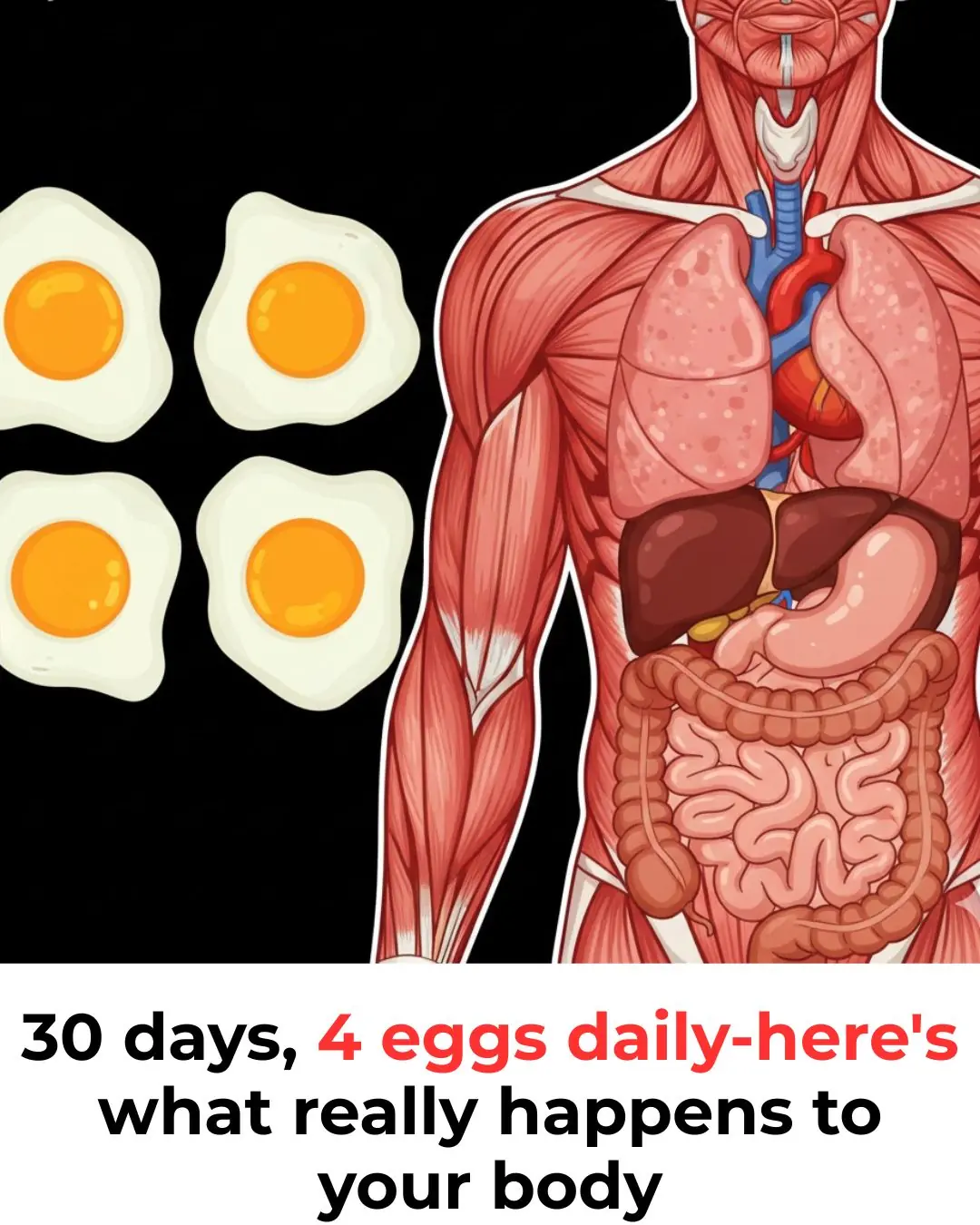
Eggs have been at the center of nutrition debates for decades—especially the yolks. Many people were taught to fear eggs because of their cholesterol content, and as a result, millions began avoiding the very part of the egg that contains most of its nutrients.
But what if you decided to eat four whole eggs, yolks included, every day for 30 days? Would your health suffer — or improve? Let’s take a closer, evidence-based look at what might really happen.
Key Points at a Glance
-
Eggs are one of the most nutrient-dense foods on the planet.
-
The long-standing fear of cholesterol in eggs is largely outdated.
-
Whole eggs can support brain, muscle, and metabolic health.
-
Egg quality matters — pasture-raised eggs are significantly more nutritious.
The Cholesterol Myth: Where Did It Come From?
For many years, eggs were labeled as “unhealthy” because of their cholesterol content. This belief traces back to the Seven Countries Study from the 1960s, led by Ancel Keys. The study claimed a connection between saturated fat, cholesterol, and heart disease.
However, later analysis revealed serious flaws in the research. Data was selected from only a few countries that supported the theory, while other countries with contradictory data were excluded. Despite this, the study heavily influenced dietary guidelines for decades, encouraging low-fat, high-carbohydrate diets.
Ironically, during this same period, obesity rates, type 2 diabetes, and metabolic disorders increased dramatically.
Today, modern research shows that dietary cholesterol does not significantly raise blood cholesterol for most people. In fact, for many individuals, eggs can be part of a heart-healthy diet.
What Nutrients Do You Get From 4 Egg Yolks?
The yolk is the most nutrient-rich part of the egg. If you eat four whole eggs a day, you benefit from impressive levels of essential vitamins and minerals, especially from the yolks:
From four egg yolks, you get approximately:
-
Vitamin B1 (Thiamine) – 10% of daily needs
-
Vitamin B2 (Riboflavin) – 28%
-
Vitamin B5 (Pantothenic acid) – 41%
-
Vitamin B6 – 14%
-
Folate – 25%
-
Vitamin B12 – 55%
-
Vitamin D – 18%
-
Choline – Over 100% of daily needs
In comparison, egg whites contain far fewer nutrients:
-
Very little vitamin B1, B6, folate, vitamin D, or choline
-
Only modest amounts of vitamin B2 and B12
When you eat the entire egg instead of just the white, you get a much better overall nutritional profile:
-
Vitamin B1 – 10%
-
Vitamin B2 – 73%
-
Vitamin B5 – 46%
-
Folate – 26%
-
Vitamin B12 – 60%
-
Choline – More than your full daily requirement
Choline, in particular, is essential for brain function, liver health, and nervous system support — and many people are deficient in it.
A Complete Source of Protein
Eggs are considered a complete protein because they contain all nine essential amino acids that the human body cannot produce on its own.
Eating four eggs provides roughly half of your daily protein requirement, including:
-
Histidine – 59%
-
Isoleucine – 94%
-
Leucine – 67%
-
Methionine – 51%
-
Phenylalanine – 90%
-
Lysine – 61%
-
Threonine – 65%
-
Tryptophan – 69%
-
Valine – 88%
These amino acids are essential for:
-
Muscle repair and growth
-
Hormone production
-
Immune function
-
Skin and tissue regeneration
That makes eggs an excellent food for active individuals, older adults, and anyone looking to preserve lean muscle mass.
Why Egg Quality Makes a Big Difference
Not all eggs are the same. The diet and living conditions of the hens directly affect the eggs’ nutritional value.
Pasture-raised eggs generally contain:
-
Up to 2x more omega-3 fatty acids (DHA)
-
3–4x more vitamin E
-
Up to 4x more vitamin D
-
Higher levels of antioxidants like lutein and zeaxanthin
-
Better overall fat composition
While conventional eggs may be cheaper, high-quality eggs deliver far greater nutritional value per bite. When you consider nutrient density, pasture-raised eggs are actually a smarter long-term investment in your health.
What You May Notice After 30 Days
If you eat four whole eggs daily for 30 days, potential benefits may include:
✅ Improved overall nutrition
Your body receives a steady supply of critical vitamins, minerals, and healthy fats.
✅ Better fullness and fewer cravings
Eggs are rich in protein and healthy fats that support satiety, helping you feel full for longer and avoid unnecessary snacking.
✅ Enhanced cognitive function
Choline, vitamin B12, and DHA in eggs are linked to improved memory, focus, and overall brain health.
✅ Better metabolic health
Eggs may help reduce insulin resistance and inflammation—two key drivers of metabolic diseases such as diabetes and obesity.
Many people also report increased energy, improved skin quality, and more stable blood sugar levels.
Final Thoughts
Eating four whole eggs a day for 30 days is far less dangerous than outdated myths suggest. In fact, for many people, it can be a powerful way to increase nutrient intake, improve satiety, and support both brain and body function.
The key is choosing high-quality, preferably pasture-raised eggs and combining them with an overall balanced, whole-food-based diet.
If you’ve been avoiding egg yolks out of fear, it might be time to reconsider. One of nature’s most complete foods has been misunderstood for far too long.
News in the same category


This Salt, Pepper and Lemon “Miracle-Mix” Can Help Solve 9 Problems
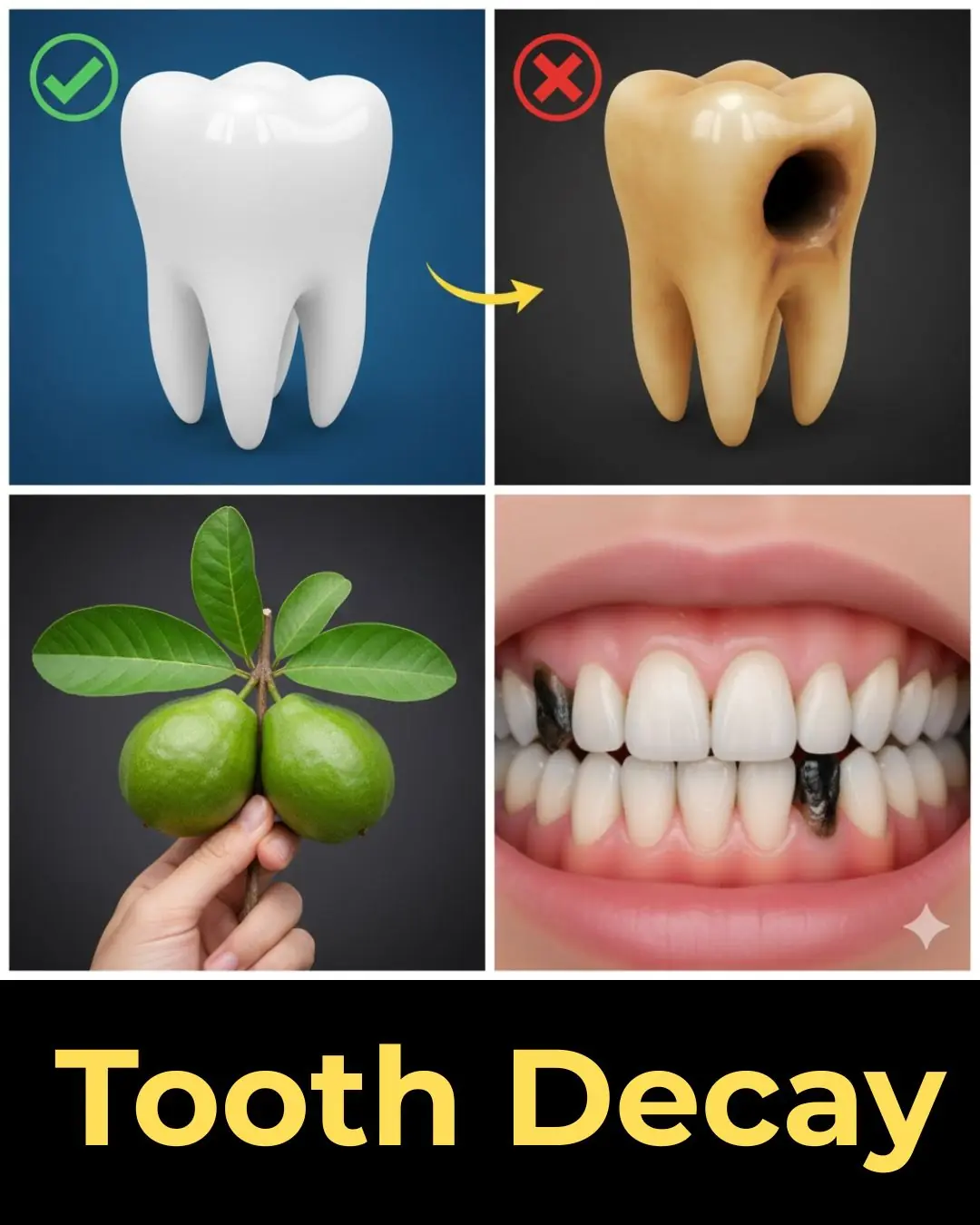
Tooth Decay Repair with Natural Remedies: Can Guava Leaves Help?
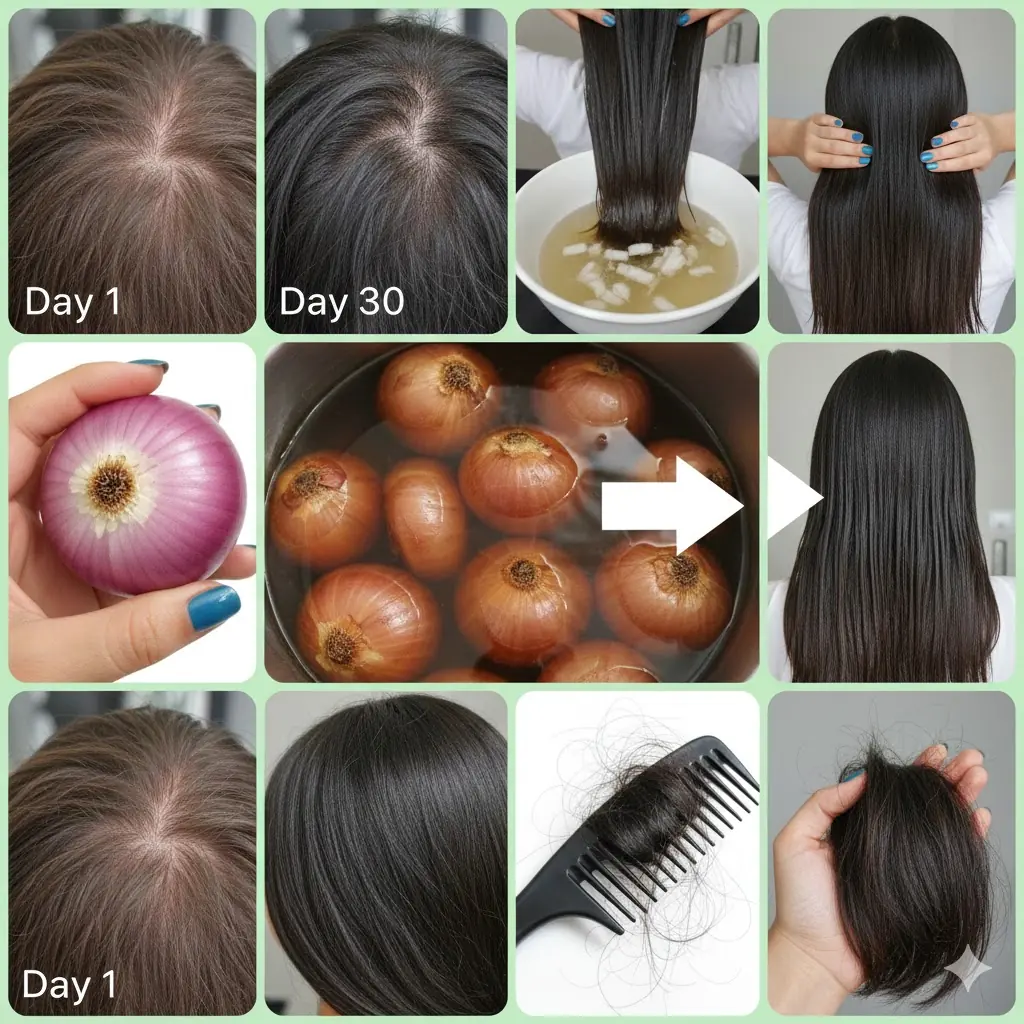
Onion Oil for Hair: The Smelly Secret to Long, Lush Locks

The simple circulation secret that can reduce varicose veins naturally

Doctors Reveal What Really Happens When You Eat Avocado Every Day

Home Alone During a Heart Attack …5 Critical Steps That Could Save Your Life

The Best Tea to Start Your Morning and After Dinner: A Powerful Blend for Wellness

A Powerful Mixture for Cleansing Your Liver (2 Ingredients)

Studies Link Soda To Depression, Kidney Damage, Heart Attacks And Brain Damage

The Plant That Kills Cancer Cells, Stops Diabetes And Boosts Your Immune System!

7 powerful vitamins you need for strong, healthy legs
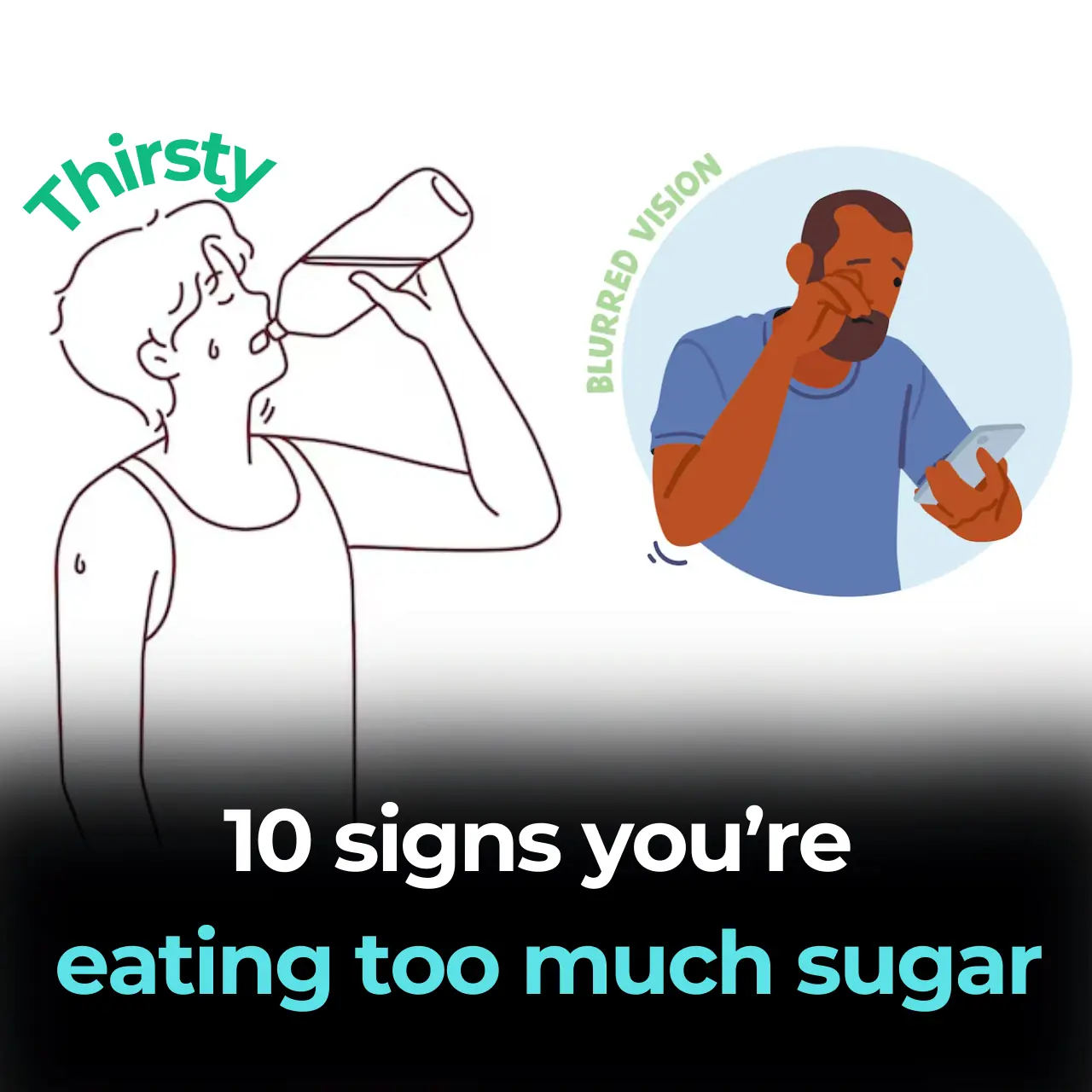
10 signs you’re eating too much sugar
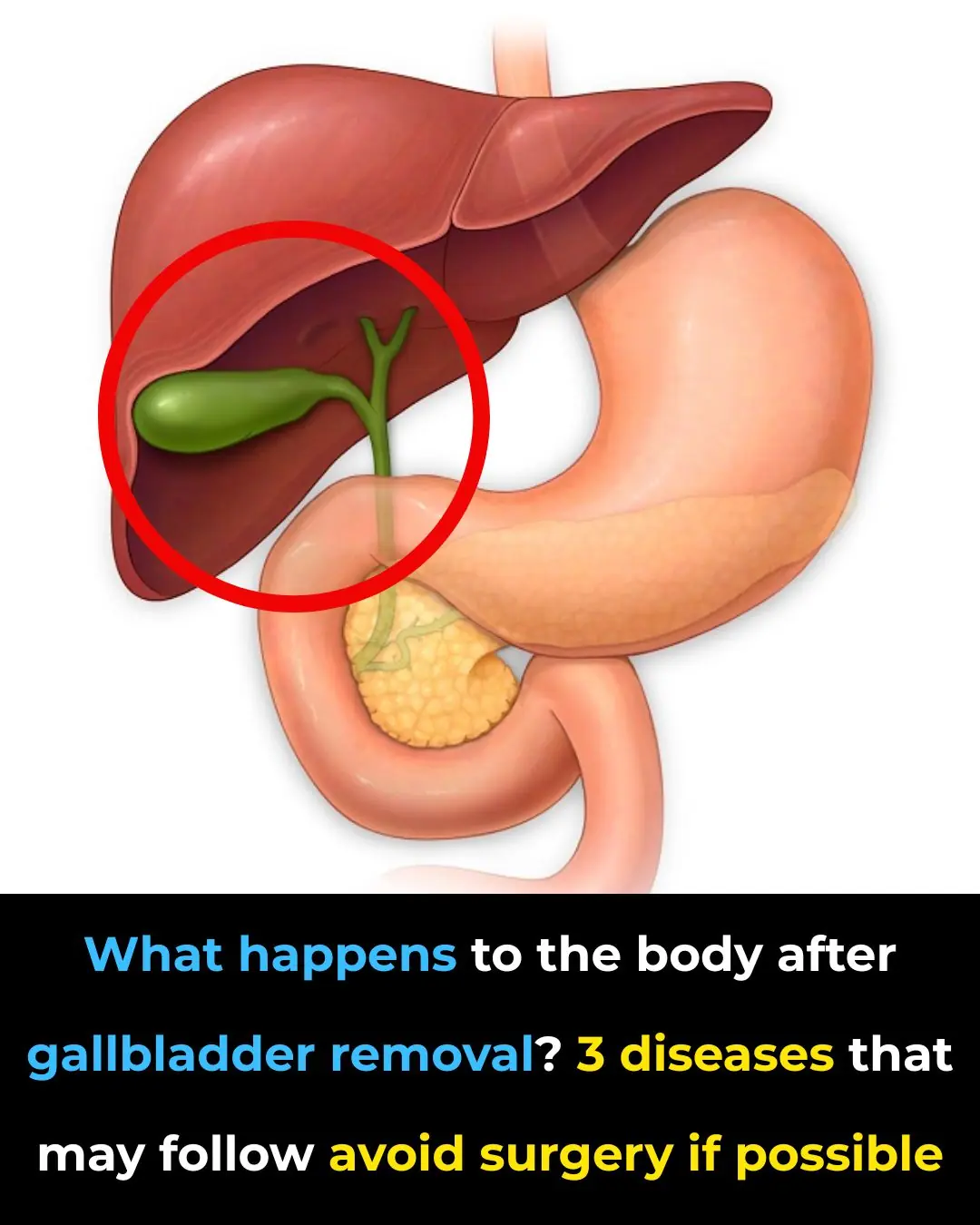
Gallbladder removal: what happens next and 3 risks to watch for

10 Warning Signs Your Kidneys May Be in Danger
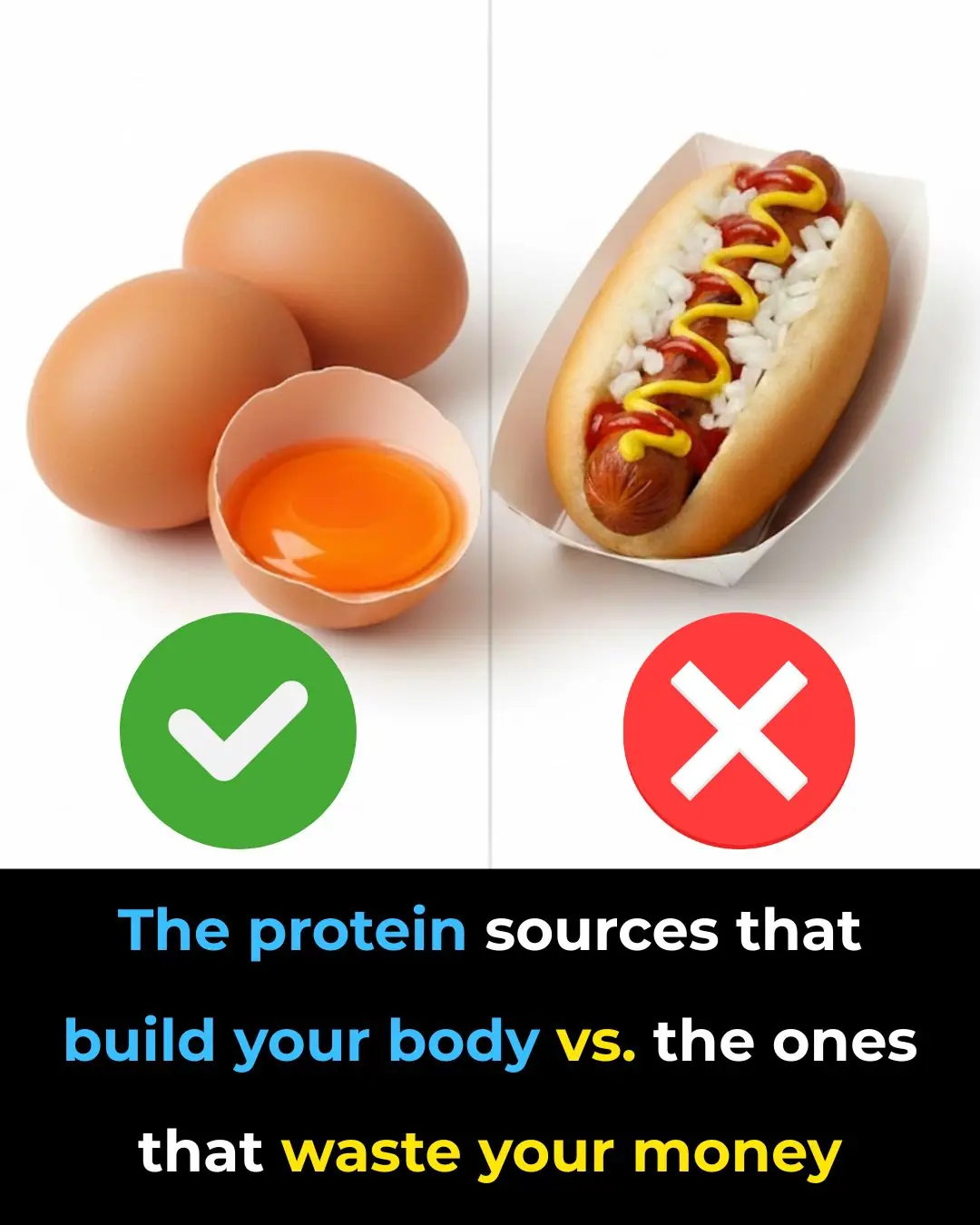
The protein sources that build your body vs. the ones that waste your money

Your pancreas could be ‘silently inflamed’ right now and you’d never know until it’s too late
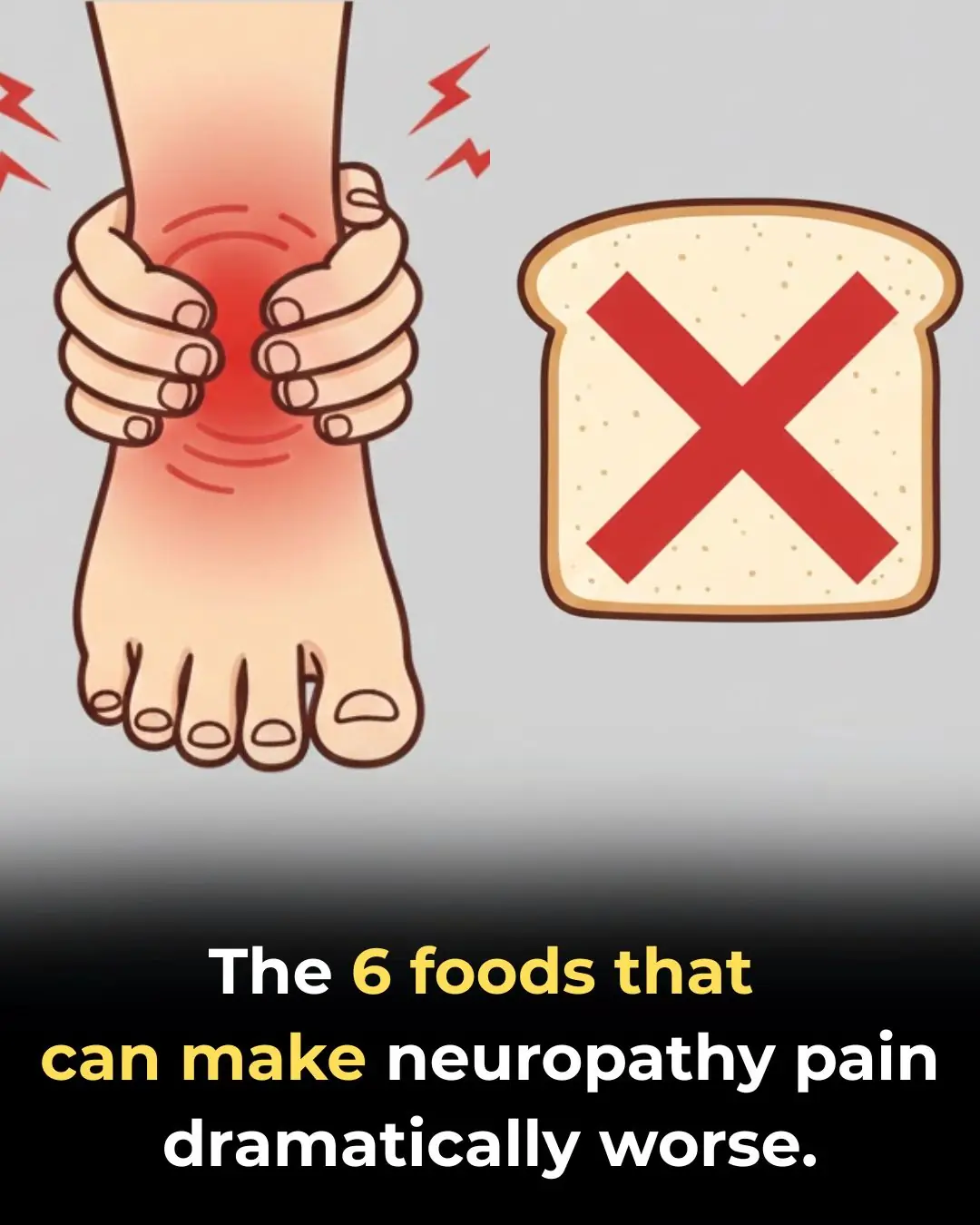
6 Trigger Foods That Cause Agonizing Pain If You Have Neuropathy
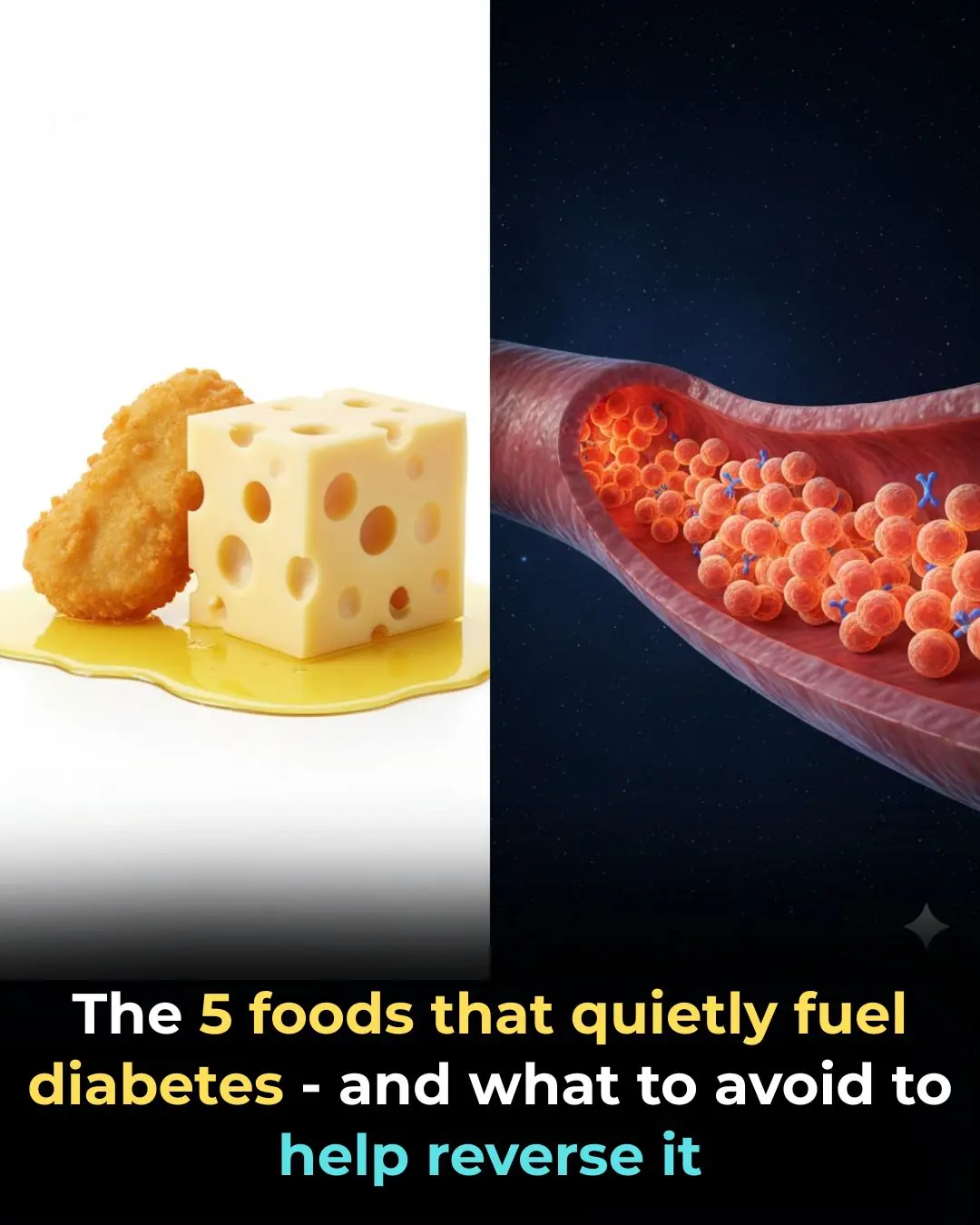
The 5 foods that quietly fuel diabetes — and what to avoid to help reverse it
News Post

You’ve Been Taking The Wrong Type of Magnesium All This Time

This Salt, Pepper and Lemon “Miracle-Mix” Can Help Solve 9 Problems

Tooth Decay Repair with Natural Remedies: Can Guava Leaves Help?

Onion Oil for Hair: The Smelly Secret to Long, Lush Locks

What does it mean to walk with your hands behind your back?

The Hidden Power of Mango Seed

The simple circulation secret that can reduce varicose veins naturally

Doctors Reveal What Really Happens When You Eat Avocado Every Day

Home Alone During a Heart Attack …5 Critical Steps That Could Save Your Life

Rice Baby Oil Collagen Cream For Wrinkle Free Glowing Skin

When Buying Shrimp: Should You Choose Straight or Curved Ones? The Difference Is Huge but Few People Know

Tiny Wings, Mighty Legacy: How Bees Create Honey and Sustain Life on Earth

Don’t Throw Away Overripe Bananas – The Black-Spotted Ones Are a Nutritional Treasure

Hawaii Is Releasing Mosquitoes From Drones — And It Could Help Save Species From Extinction

Your Non-Stick Pan Lost Its Coating? Don’t Throw It Away – Here’s How to Use It Like New

Superfetation: The Rare Phenomenon of Becoming Pregnant While Already Pregnant

How to Choose the Best Apples: The Crispest, Sweetest, and Most Nutritious Ones (Updated for Nov 11, 2024)

When a married woman is obsessed with another man, she does 9 things.
